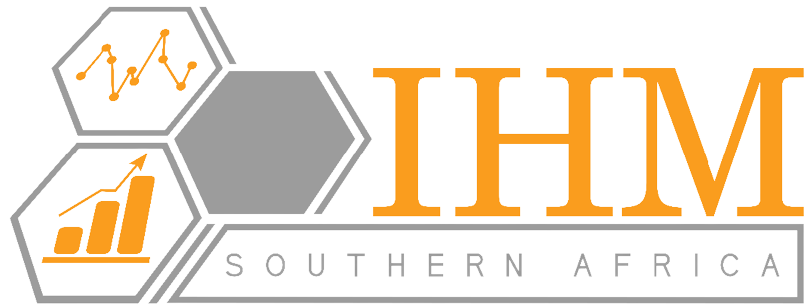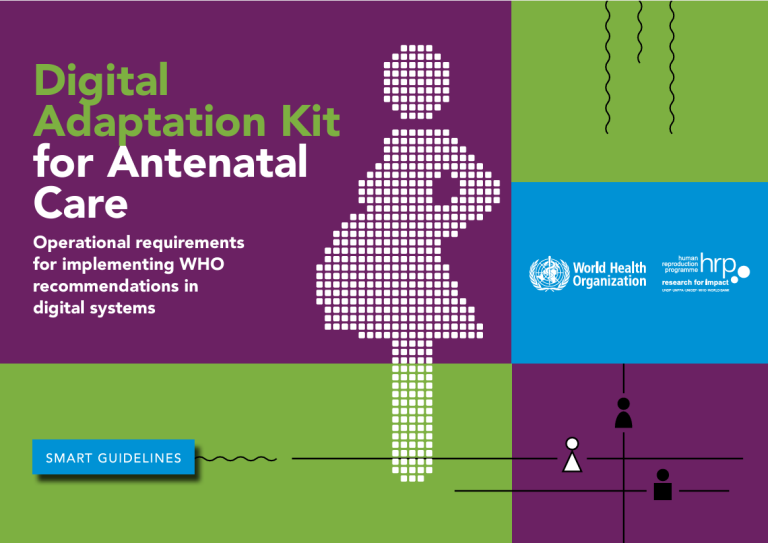As Machine Learning (ML) and Artificial Intelligence (AI) continue to evolve, their integration with electronic healthcare systems offers a promising future where client-centered and data-driven healthcare becomes the new norm. In Zambia, the SmartCare Plus electronic health record system, implemented by the Strengthening Capacity for Health Information System Sustainably (SCHISS) project, is harnessing the transformative potential of AI/ML in healthcare. Its objective is to revolutionize patient care, enhance medical decision-making, and improve overall healthcare efficiency.AI/ML is part of the Modernization strategy pursued by SCHISS implementers, the Institute for Health Measurement (IHM), and its partners, by coordinating and collaborating with the Ministry of Health in Zambia. The primary objective of AI/ML is to provide advanced predictive analytics to improve clinical outcomes, ensuring HIV epidemic control. Collaborating with Cooper Smith, an organization that provides monitoring, evaluation, and project-management services for international development and public health projects, IHM is supporting the Ministry of Health in predicting ART patients at risk of Loss to Follow Up (LTFU). These are patients receiving ART medication who are likely to no longer actively seek care or miss scheduled appointments without any communication or known reason.
1. Prediction of patients at risk of LTFU using Machine Learning
Data was mined from the SmartCare electronic health record system, encompassing medical records from 2019 to 2022. A supervised ML classification model was adopted to predict LTFU. The data was feature engineered to generate necessary data frames for analysis, aligning with the MOH HIV treatment guidelines, World Health Organization guidelines, and domain knowledge application. The model algorithm utilized regularization gradient boosting from XGBoost, resulting in a model performance of 0.76 within the area under the curve (AUC) range. The model is currently undergoing validation in preparation for nationwide deployment. The deployment architecture ensures accessibility to the model by the Ministry of Health and all relevant partners at the national level. This application will significantly influence HIV program performance, policy formulation, and decision-making.
2. Other AI/ML Predictive analytics scheduled for implementation in collaboration with MoH
- Prediction of Viral Load failure among clients on ART in Zambia
- Prediction of maternal mortality among women (>=15 years) in Zambia
- Prediction of diabetes using AI/ML algorithms in Zambia
- Prediction of cervical cancer among women living with HIV in Zambia
Why AI/ML?
The simplest way to understand AI and ML is to understand that they are related to each other. AI is the broader concept of enabling a machine/computer or system to sense, reason, act, or adapt like a human being. ML on the other hand is an application of AI that allows machines to extract knowledge from data and learn from it autonomously, and predict the future for us. AI/ML are emerging as “modern prophets” that can accurately predict the future across industries and business sectors, particularly in the era of the 4th Industrial Revolution. In the health sector, AI and ML are becoming increasingly imperative as they assist clinicians, health programmers, public health specialists, and all other health professionals to predict health conditions, clinical outcomes, disease risks, interventions, and public health outcomes
SCHISS
The United States President’s Emergency Plan for AIDS Relief (PEPFAR)-funded Strengthening Capacity for Health Information Systems Sustainably (SCHISS) project, is leading the way in transforming health information systems to enable data-driven decision-making for the national HIV/TB response. Through close collaboration with the Ministry of Health, the Institute of Health Management (prime implementer of the SCHISS project) is driving innovations in the Smart Care national health electronic record system. By harnessing the power of technology and strategic partnerships, SCHISS is making significant strides in improving the effectiveness and sustainability of healthcare interventions aimed at combatting HIV and TB, ultimately leading to better health outcomes for the population.



